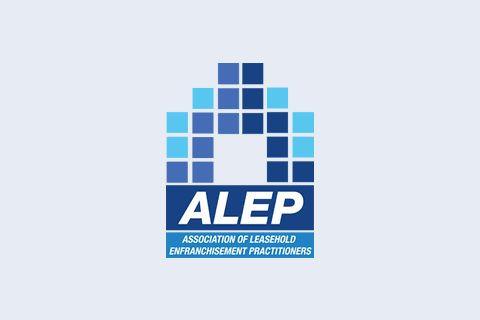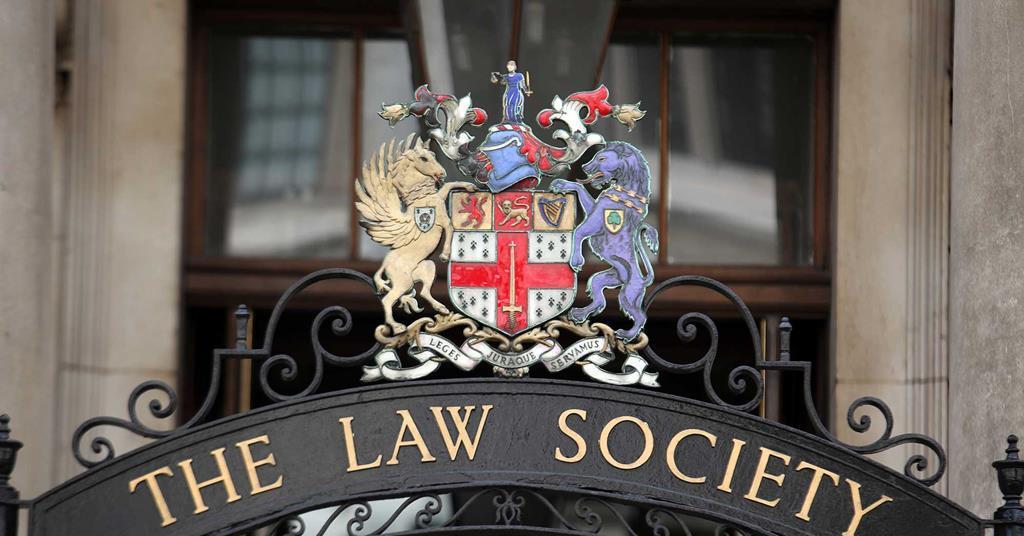Popularity of AirBnB soars – but be sure to check your lease agreement
Home | Member News | Popularity of AirBnB soars – but be sure to check your lease agreement
ALEP is pleased to feature this guest article by Sarah Taylor, Senior Property Disputes Associate at ALEP member firm, Royds Withy King.
In this article Sarah Taylor, Senior Property Disputes Associate at Royds Withy King and member of the Association of Leasehold Enfranchisement Practitioners (ALEP), discusses the hidden pitfalls leaseholders could fall into if they rent their property through AirBnB.

Share this article
Popularity of AirBnB soars – but be sure to check your lease agreement
The travel market has changed in recent years with AirBnB becoming an increasingly popular option for booking convenient and economical accommodation. This not only gives travellers the opportunity to stay in a “home away from home”, it also offers a seemingly easy way to make extra income for the homeowner.
However, for leaseholders, the restrictive covenants contained in the lease can prevent leaseholders from using their homes for AirBnB. They can also have unfortunate repercussions if the covenants are breached due to the leaseholders not fulfilling their obligations.
What is a restrictive covenant?
A restrictive covenant is an obligation which is prohibitive in nature and which preserves the value and enjoyment of the adjoining land. It sets out what a leasehold owner must not do during the course of their ownership.
Case study: Restrictive covenants and short-term lets
There are two restrictive covenants which are commonly found in leases which restrict the leaseholder’s use of the property;
- Not to carry on or permit to be carried on any trade or business at the property;
- Not to use the property other than as a private residence
Whilst the covenant not to use the property other than as a private residence is a covenant to prevent obvious trade being undertaken such as a business registered to the address, signage at the property and obvious comings and goings of vans and workforce, it has also, on occasion been held to include using the property for short-term lets.
Nemcova v Fairfield Rents Ltd
The lease for the flat in this case contained the clause “not to use the flat (or permit to be used) for any purpose whatsoever other than as a private residence”. The leaseholder listed the flat on AirBnB and hosted several short-term lettings.
The Upper Tribunal decided “that temporary occupation by an AirBnB guest was inconsistent with the definition of the property as a “private residence” and that as a consequence, the leaseholder’s occupation of the flat was “transient”.
This case remains significant. If you are letting out your whole property on a short-term basis, you may automatically be in breach of your tenancy agreement or mortgage. This applies to lets of even a few days.
The Nemcova case relates to letting out the whole property. Therefore, the ruling does not appear to stop tenants who want to let out a single room while they remain permanently in occupation. However, there remains a risk that the letting out of a single room could be deemed to be using the property to “carry out a business” ie the business of short-term letting.
Failure to comply with a restrictive covenant in a lease
A leaseholder failing to comply with covenants in the lease will be deemed to be in breach of contract and at risk of the landlord taking remedy for the breach. The landlord may serve notice on the leaseholder’s lender of the breach.
The landlord may be able to obtain the following remedies;
- Damages – sums can be recovered under normal contractual rules;
- Pursuing a former leaseholder – a former leaseholder may remain liable for the covenants so the landlord can pursue him for the breach;
- Forfeiture – this is worst case scenario. If a leaseholder breaches the covenants in the lease, the landlord can repossess their property.
Can the restriction be removed?
You can try to negotiate the removal of the restriction with your landlord, but this can be an expensive process, and there is no obligation on the landlord to agree to the removal.
As there is no guarantee that a landlord will agree to the removal of the restriction, the safest thing for leaseholders is to carefully review their lease before using the property for short-term lets. Whilst listing a property on AirBnB may seem like a no-brainer and a way of generating some extra income, leaseholders need to tread incredibly carefully. Hidden restrictions could have huge implications that could land them in serious trouble if freeholders take action. If there is any restriction on use, we would recommend not using the property for AirBnB.
For more information please visit: https://www.roydswithyking.com/


